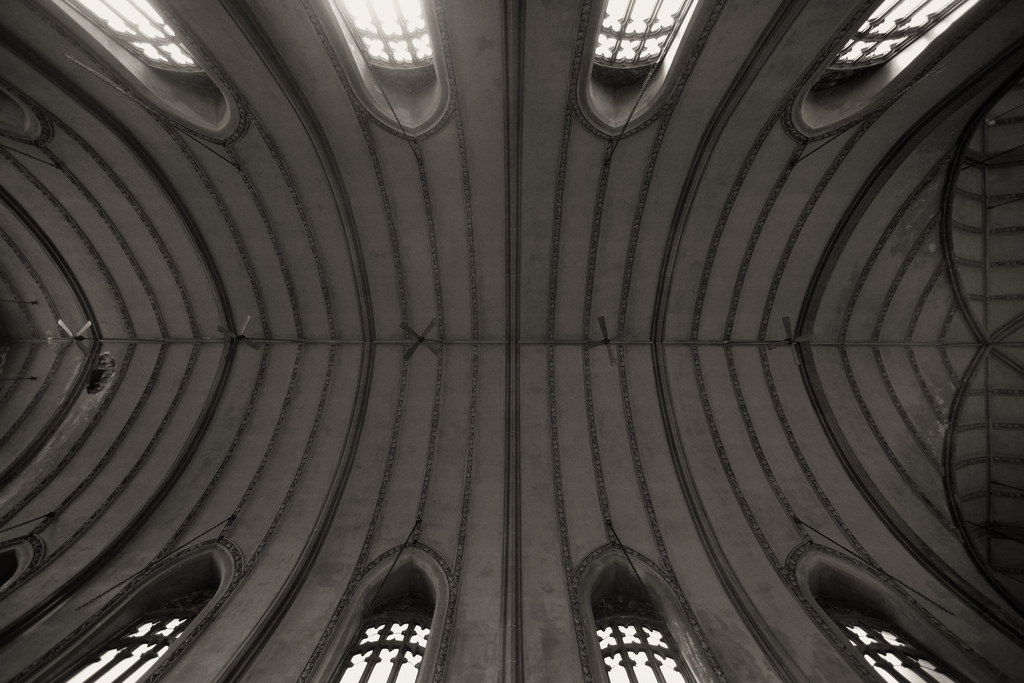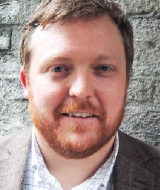Liberty and faith: a defence of church schools
As Catholics who teach in Catholic schools, we must necessarily approach the church school debate with an air of resignation, sure in the knowledge that we will be deemed from the outset to be unfit to comment. After all, it...
As Catholics who teach in Catholic schools, we must necessarily approach the church school debate with an air of resignation, sure in the knowledge that we will be deemed from the outset to be unfit to comment. After all, it is hard to escape the claim of vested interest, even if we might gently remind our interlocutors that the action follows the thought, rather than the other way round.
What’s more, those who would diminish the contribution of church schools to the collective life of our nation do so from a perceived perspective of neutrality. Whilst we might challenge the easy assumptions of those who would so readily equate the secular with the neutral, nonetheless we must proceed, and will do so here by choosing a single argument, from amongst the many that exist in defence of church schools, though one perhaps less well aired than it otherwise might be: a society in which church schools exist is a freer and more worthy society than one in which they are eradicated, in so much as their existence preserves the rights of parents to educate their offspring according to the values and beliefs that they see fit.
It is useful first to add historic landscape to our claims. Church schools were established long before the state took an interest in education, often founded explicitly for the education and spiritual succour of the most vulnerable. Churches blazed the trail for expansion of education provision beyond circles of privilege, an engagement that assisted in the broad development of an educated proletariat, an entwining with the most vulnerable still discernible in the geographic dispersal of Catholic schools today. Little wonder, then, that Labour historically supported church schools – we long ministered to the same constituency.
In other words, the Christian churches provided education in this country long before the state decided to join their efforts – that they should now find themselves having to defend their status not for what they do well, but for the fact that they do it at all, can only be read as an authoritarianism designed not for the common good but the satiation of a secular crusade.
And it is intriguing how easily that secular crusade is willing to tread on the toes of liberties long embedded within society, indeed long admired within left-wing thought, which built its critique of capitalism on concepts of positive liberty, contra the negative liberty of the social and economic free-marketeers.
This brings us back to our central claim, one best elucidated through recourse to a central Catholic belief that education is primarily the responsibility of the parent, with which the state assists. More directly: church schools are the living embodiment of a principle that a free society must keep foremost in its thoughts.
In recent years, there has been a slow transformation of the relationship between the state and the family, and the rights of parents and indeed the state in relation to that family. This is particularly discernible within education, specifically discourse surrounding that cherished goal of social mobility, within which one most explicitly detects the intention to ‘rescue’ children from the culture and values of their upbringing – which most often means from their working-class backgrounds. Some might argue this is the natural and justifiable consequence of the state seeking better outcomes for its citizens, though the thorny issue of quite what constitutes better outcomes rarely acquaints itself with the purifying influence of critical debate.
Still, it is from this vantage point that some feel emboldened to deny the rights of parents in relation to the education of their child, often under the guise of fallacious arguments ranging from the absurd (church schools indoctrinate children) to the ridiculous (church schools are a form of child abuse). One could write an entire essay debunking these claims and many others – counter to the data-dubious claims of many, our schools are actually more racially and socially diverse than their non-church counterparts, for example – though the point pursued here is broader: we ought to think carefully before casting aside the fundamental rights of the family, in particular the rights of those of faith to continue to have their child educated within the faith tradition of their heritage.
It is, after all, an odd definition of liberty that would declare that this should not be so. And whilst we can admit that drawing facile comparisons with a series of fantastical cults might establish a rhetorical point (‘well why not let Satanists have their own schools too?’), it does little to establish a rational one.
In truth, so much opposition emanates from a fundamentally inaccurate account of what happens within church schools, and a wholly distorted account of what we seek to achieve by having them. In short, we educate because we do it well, from an ethic of service, enlivened by philosophical and ethical frameworks forged over millennia and tested for centuries; there seems to be plenty of evidence to support our confidence and justify our inclusion.
As such, we must seek to balance priorities – the freedom of the family to organise itself, within reasonable limits, according to its own values and beliefs, overrides the determination, however well-intentioned, of those who hold to a different set of beliefs and seek to impose them on that same family.
This is not to say that interventions should never be entertained, or that parental choices are forever beyond the reach of the state – clearly sober judgment is to be made. Still, we might confidently suggest that Catholic and Church of England schools – which comprise the vast majority of church schools in the UK – fall on the right side of that judgment.
Indeed, for us Catholics the argument takes on added poignancy: we had to, and still must, fight for those liberties that others might take for granted – our own shot at the good life has been dearly bought. It was in the face of prejudice that we founded our schools – both to counter social discrimination that Catholic families, often immigrants, faced within wider society, and to put in place a positive vision of what we think education is and what can be offered when we deliver it.
Which brings us neatly to our concluding point, with an appeal once again to liberty: those who wish to deny the rights of church schools to exist must reconcile themselves with the fact that the achievement of their aim could only be pursued by the most illiberal of means. The vast majority of Catholic schools are Voluntary Aided: the land on which they are built, and very often the buildings that reside there, are the property of the Church, which must also contribute to the upkeep and maintenance of those schools. To reverse this situation one must either confiscate, or cut off funding and imperil the education of hundreds of thousands of children, or purchase that land and those buildings. Since the latter two options appear less than likely, one would be left with an option that, hundreds of years after a similar intrusion, one might hope would never seriously be entertained.
This debate deserves more words than are available in this short piece, and is more wide-ranging than those limited arguments, offered without consideration of counterpoints, that we have briefly explored here. Nonetheless, focusing on the single principle of parental rights and historic liberties, we commend to you a simple truth: church schools are part of and co-creators of a healthy, generous, more tolerant society.
To strike at that would be to strike at the roots of what we consider best in ourselves.
Michael Merrick is a teacher and Chris Wilkins an executive headteacher of the St. Ninian Catholic Federation in Carlisle.
Image: Thomas Hawk


